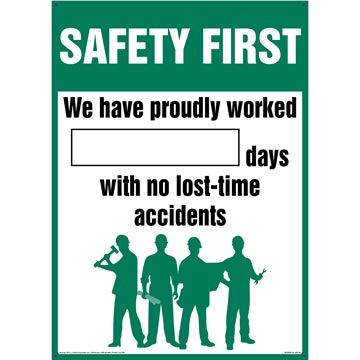How to Support a Loved One Through Illness/Injury While Working

Balancing a career and personal life is challenging under normal circumstances, but when a loved one falls ill or suffers an injury, the demands can become overwhelming. This is especially true if the condition requires at-home care. Managing your professional responsibilities while providing the necessary support can seem like an impossible task. However, with the right strategies and resources, it is possible to navigate this difficult time effectively.
Prioritize Communication
Effective communication is crucial in managing both your work and caregiving responsibilities. Open lines of communication with your employer, colleagues, and loved ones will help ensure that everyone understands your situation and can offer support where needed.
Talk to Your Employer
Informing your employer about your loved one’s condition and your caregiving responsibilities is essential. Transparency can lead to a more flexible work arrangement. Many companies offer options such as remote work, adjusted schedules, or additional leave. Discuss your needs with your manager or HR department to find a solution that accommodates both your job and your caregiving duties.
Set Boundaries at Home and Work
Creating clear boundaries between your work and caregiving roles is vital. This means setting specific times for work and caregiving tasks. For instance, dedicate the early morning hours to work tasks before shifting your focus to caregiving duties. Communicate these boundaries to your family and colleagues to minimize interruptions and ensure that you can give your full attention to each role at the appropriate time.
Utilize Available Resources
There are numerous resources available to help you manage your caregiving responsibilities while maintaining your professional commitments. These resources can provide both practical assistance and emotional support.
Seek Professional Help
Depending on the severity of your loved one’s condition, you may need to enlist professional help. Home health aides, visiting nurses, or therapists can provide essential care, allowing you to focus on your work. Additionally, if your loved one’s injury was caused by an accident, consulting with a legal professional can help you navigate the legal aspects and secure compensation that could cover the cost of professional care according to the attorney handling Fresno brain injury cases at R&S Law.
Leverage Technology
Technology can be a valuable ally in balancing caregiving and work. Utilize apps and online services designed to help caregivers manage appointments, medications, and daily care tasks. Virtual communication tools can keep you connected with healthcare providers, ensuring that you stay informed about your loved one’s condition without needing to leave your home or office.
Practice Self-Care
Caregiving can be physically and emotionally draining, making self-care essential for maintaining your well-being and effectiveness in both roles.
Schedule Personal Time
It’s easy to neglect your own needs when caring for a loved one, but it’s crucial to carve out time for yourself. Whether it’s a brief walk, a hobby, or simply a few minutes of quiet reflection, scheduling personal time helps reduce stress and recharge your energy.
Seek Support Groups
Connecting with others who are in similar situations can provide emotional support and practical advice. Support groups, whether online or in-person, offer a sense of community and understanding. They can also be a source of valuable information on managing both caregiving and professional responsibilities.
Create a Support Network
Building a robust support network is essential in balancing work and caregiving duties. This network can include family, friends, colleagues, and professional caregivers.
Delegate Responsibilities
Don’t hesitate to delegate tasks to other family members or friends. They may be willing to help with caregiving duties, errands, or even providing companionship to your loved one, giving you some respite. Sharing the load can significantly reduce the burden on you and ensure that your loved one receives comprehensive care.
Engage Community Resources
Many communities offer resources and services designed to support caregivers. These can include respite care, adult day care centers, and volunteer services. Investigate what is available in your area and take advantage of these offerings to alleviate some of the pressures you face. For example, California offers this resource via the Caregiver Resource Center for those in need of caregiving assistance.
Be Prepared for Challenges
Balancing work and caregiving is an ongoing process that will require adjustments and flexibility. Being prepared for potential challenges can help you navigate them more effectively.
Plan for Emergencies
Have a plan in place for emergencies that may arise with your loved one’s health. This plan should include who to contact, what steps to take, and how to manage your work responsibilities in such situations. Knowing what to do in an emergency can reduce anxiety and ensure a swift, organized response.
Accept Imperfection
Accept that you may not be able to perform perfectly in both roles at all times. There will be days when work or caregiving demands more of your attention, and that’s okay. Give yourself grace and understand that doing your best is what matters most.
Achieve an Ideal Balance
Balancing a career while caring for a loved one through illness or injury is undeniably challenging. However, with effective communication, the utilization of available resources, a strong support network, and a commitment to self-care, it is possible to manage both responsibilities successfully. By taking proactive steps and seeking help when needed, you can support your loved one through their recovery while maintaining your professional commitments.




